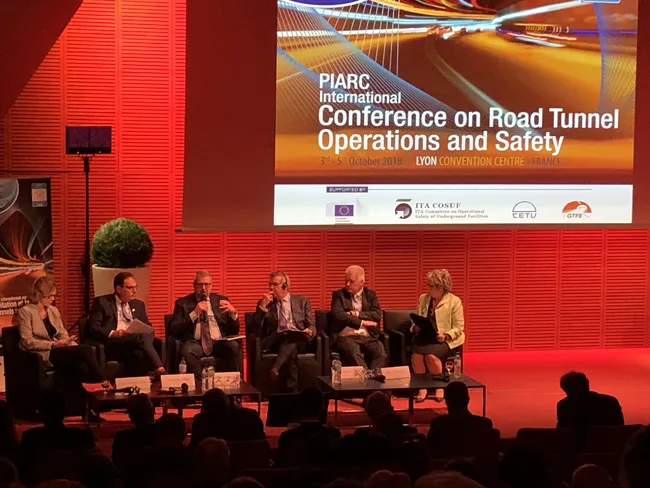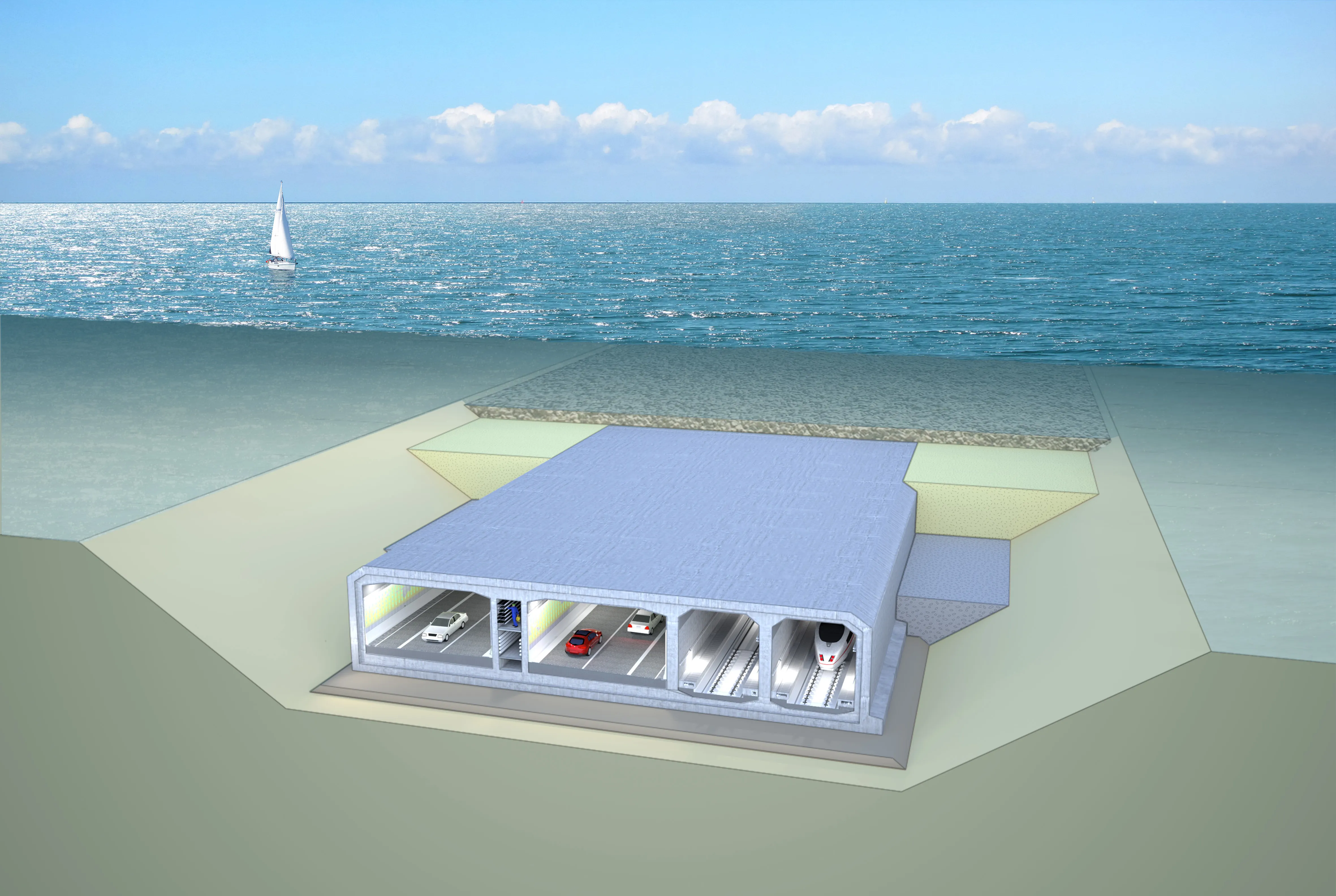The joint proposal by 3F, the Danish trade union for the transport sector, and think-tank Kraka to replace vehicle registration fees with a GPS-based road user charging system is worth noting. According to 3F and Kraka, this would reduce congestion on Danish roads and generate savings worth €536 million (DKK 4 billion) for the nation’s finances. There is nothing new in this concept as such. Road user charging was proposed a few years ago for the UK and also for the Netherlands. But in the UK this proposal p
February 15, 2013
Read time: 3 mins

The joint proposal by 3F, the Danish trade union for the transport sector, and think-tank Kraka to replace vehicle registration fees with a GPS-based road user charging system is worth noting. According to 3F and Kraka, this would reduce congestion on Danish roads and generate savings worth €536 million (DKK 4 billion) for the nation’s finances.
There is nothing new in this concept as such. Road user charging was proposed a few years ago for the UK and also for the Netherlands. But in the UK this proposal proved massively unpopular with the public and was unceremoniously dropped, while in the Netherlands a crisis in the country’s political machine meant the issue was initially sidelined, and then dropped.
Clearly 3F and Kraka have probably taken note of the fact that Denmark’s roads are suffering heavy wear and tear from foreign registered trucks. The country’s highway network does carry a great deal of international traffic, including heavy goods vehicles, as it provides a direct road route between Germany and the Netherlands through to Sweden, Norway and Finland. While Denmark is a comparatively small nation with a small population, it is more advanced in its thinking with regard to traffic management than many other countries.
Unpopular as it may seem, road user charging is almost inevitable for many European countries and possibly for North America and parts of Asia in time to come. In almost all developed countries, there are insufficient financial reserves to pay for road maintenance, let alone expansion of the network. And yet vehicle numbers are projected to continue increasing. Clearly, something has to change.
Existing methods of funding road networks have limitations. As plug-in hybrids and electric vehicles gradually become more numerous, the benefits of fuel taxation will lessen. Tolling is an effective solution only for those highways where tolls are paid, and cannot fund urban roads or rural roads for example. Conventional vehicle licensing schemes and road funding through general taxation are unfair. Vehicle owners who drive comparatively short distances at present effectively subsidise the road use of those who travel further. It is worth noting too that heavy vehicles cause particularly high levels of wear and tear on the roads, this effect increasing exponentially with weight. Heavy vehicles also burn the most fuel and produce the greatest quantities of exhaust emissions.
A fair system of road user charging would measure costs to the driver based on a sliding scale taking into account factors including the time of day, the size and weight of the vehicle and the route being used.
Perhaps the time is coming when road user charging will become the preferred option. Early generation technologies to achieve road user charging would have required a complex architecture and would of necessity been hugely expensive. This was one of the main reasons road user charging was set aside in the Netherlands and the UK, in addition to public unpopularity over such a scheme. But as the technology has improved, the projected costs have fallen and will continue to do so, with the economic barriers to road user charging falling away.
There is nothing new in this concept as such. Road user charging was proposed a few years ago for the UK and also for the Netherlands. But in the UK this proposal proved massively unpopular with the public and was unceremoniously dropped, while in the Netherlands a crisis in the country’s political machine meant the issue was initially sidelined, and then dropped.
Clearly 3F and Kraka have probably taken note of the fact that Denmark’s roads are suffering heavy wear and tear from foreign registered trucks. The country’s highway network does carry a great deal of international traffic, including heavy goods vehicles, as it provides a direct road route between Germany and the Netherlands through to Sweden, Norway and Finland. While Denmark is a comparatively small nation with a small population, it is more advanced in its thinking with regard to traffic management than many other countries.
Unpopular as it may seem, road user charging is almost inevitable for many European countries and possibly for North America and parts of Asia in time to come. In almost all developed countries, there are insufficient financial reserves to pay for road maintenance, let alone expansion of the network. And yet vehicle numbers are projected to continue increasing. Clearly, something has to change.
Existing methods of funding road networks have limitations. As plug-in hybrids and electric vehicles gradually become more numerous, the benefits of fuel taxation will lessen. Tolling is an effective solution only for those highways where tolls are paid, and cannot fund urban roads or rural roads for example. Conventional vehicle licensing schemes and road funding through general taxation are unfair. Vehicle owners who drive comparatively short distances at present effectively subsidise the road use of those who travel further. It is worth noting too that heavy vehicles cause particularly high levels of wear and tear on the roads, this effect increasing exponentially with weight. Heavy vehicles also burn the most fuel and produce the greatest quantities of exhaust emissions.
A fair system of road user charging would measure costs to the driver based on a sliding scale taking into account factors including the time of day, the size and weight of the vehicle and the route being used.
Perhaps the time is coming when road user charging will become the preferred option. Early generation technologies to achieve road user charging would have required a complex architecture and would of necessity been hugely expensive. This was one of the main reasons road user charging was set aside in the Netherlands and the UK, in addition to public unpopularity over such a scheme. But as the technology has improved, the projected costs have fallen and will continue to do so, with the economic barriers to road user charging falling away.









